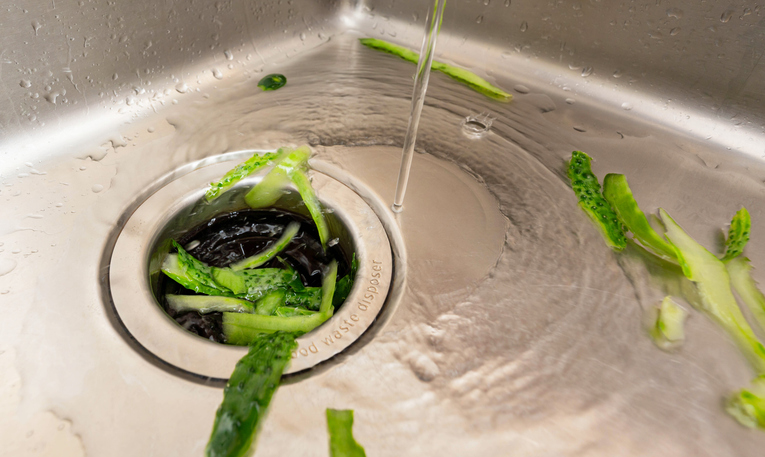
In any field that has been around for a while, there will be all kinds of myths and wives’ tales which accompany it. This hold especially true for the field of plumbing, which is thousands of years old.
Modern plumbing usually involves conversation about anything happening in the home. This means pipes and fixtures within your residence which exist to make your life more convenient and sanitary.
Let’s take a look at some myths associated with plumbing and debunk them together… shall we?
They may advertise them as “flushable”, but these materials simply do not break down the same as toilet paper. They stay together for longer periods of time and allow debris to coagulate. You may have heard of “fat bergs” in relation to large city plumbing. These are huge clogs in the system comprised of fat and other materials. Flushable wipes are a major contributing factor to the formation of these things. Make sure to only flush TP and nothing else.
This is a very common misconception. People think this cleans the blades and makes the disposal nice and fresh. Although you may enjoy the smell of fresh ground lemon peels, they are actually tough on your blades and will reduce the life expectancy of your device.
People often think they can wash down whatever they want as long as the water is flowing nicely. That is simply not the case. Certain debris can collect farther down the line and create mega clogs and headaches for the homeowner.
Our advice is to always drain grease in a separate container and dispose of it in the trash. The same holds true for any solid debris. The less solid and greasy materials you put down your drain the better.
This isn’t true. Most of your plumbing pipes are concealed by walls, ceilings and floors. It is important to routinely take a quick look at all your plumbing to make sure there isn’t a leak. Small leaks always become big leaks and that means big money to repair the damage they can do.